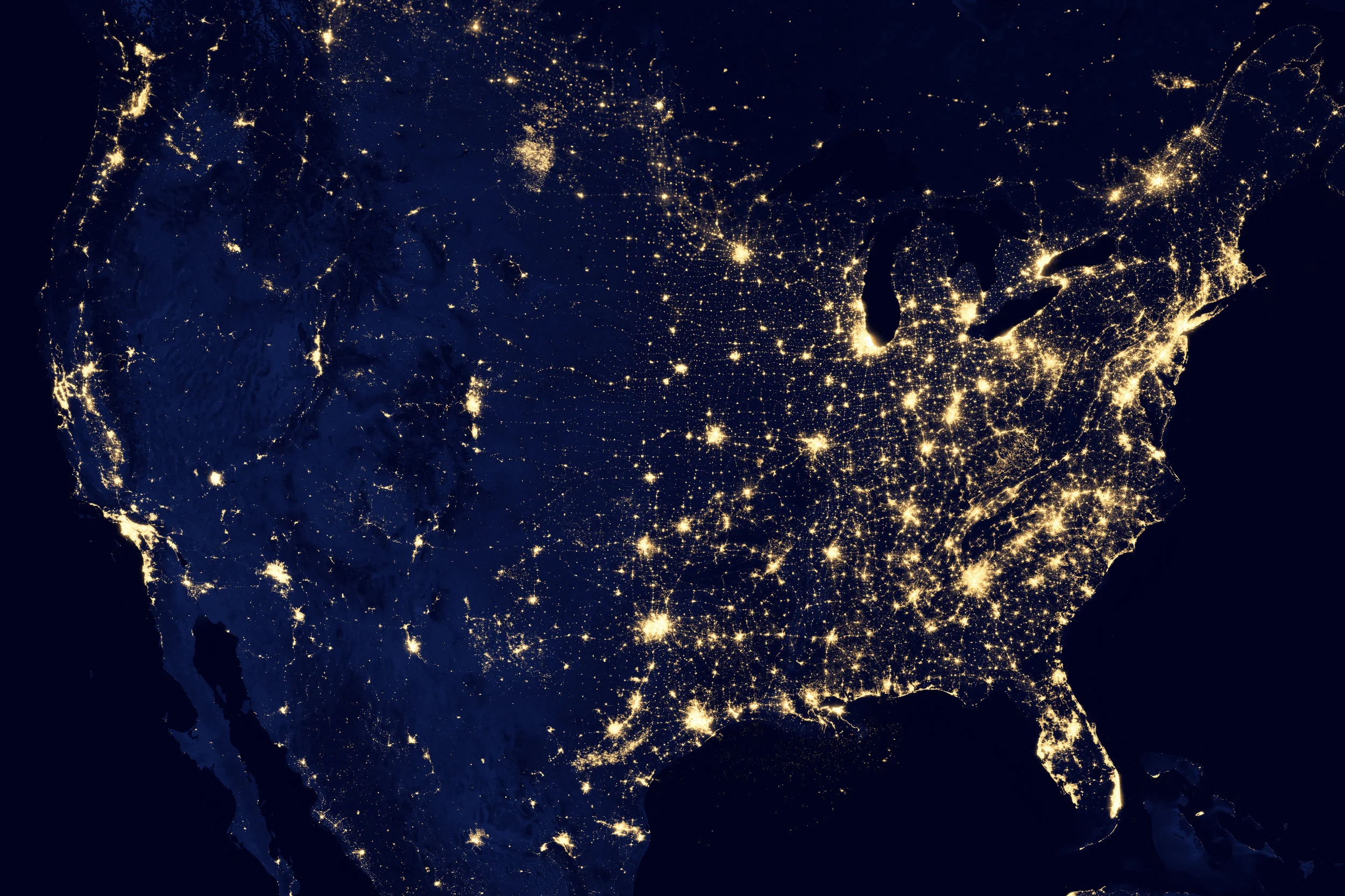Competition Is Good For Consumers
Competition is the driving engine at the core of our free-market system. Competitive markets produce the most effective results in the economy, spurring innovation, driving down consumer costs, and providing consumers a broader variety of services. That was true in the 1980s with the deregulation of the telecom, airline, and natural gas sectors, and it’s still true today.
The rapid pace of innovation is delivering new digital technologies that are changing the way we receive and use energy. Unfortunately, the traditional anticompetitive model of an electric utility with a monopoly over both the production and delivery of power has not kept up with the speed of change and is standing in the way of a truly modern electricity system.
The Energy Choice Coalition is a nonprofit organization dedicated to accelerating the modernization of the electricity sector by opening power generation and electric retailing to true competition. The Energy Choice Coalition educates the public on the benefits of market-driven competition and promotes policies at the state and federal levels that break down barriers to private investment.
Today, consumers have the freedom to choose their electricity service provider in 13 states and the District of Columbia. But a fully competitive market - Texas having the freest market of all the states - is still not available everywhere, and incentives built into current federal regulations are holding back the transition to a 21st Century power system.
As new technologies accelerate changes in the way we generate, manage, and use electricity, consumers should be in the driver’s seat. Electricity provides the foundation of our modern lives, but the absence of competition limits innovation and denies end-users more advanced and cleaner energy options and technologies.
As regulators and policymakers debate the pros and cons of pricing and market reforms, carbon-emission restrictions, renewable energy mandates, storage, advanced metering, distributed energy resources, and other changes affecting electricity markets, the Energy Choice Coalition is here to remind them that competitive markets are the most effective way to give consumers what they want – abundant, affordable electricity that is reliable, secure, and clean.
“The rise of computers, smartphones, and the Internet of things means we will need more energy in the future, not less. The question is where that electricity will come from to ensure rising standards of living for more of the world’s population and protection of the environment for future generations.”
““States that left regulated electric monopolies in the retail supply business have seen these monopolies grow at the expense of competition. Quarantining the monopoly appears to be the single most effective approach to bringing about robust retail competition. It may be the only effective approach.””
Competitive Markets Have Multiple Benefits
Reason #1
Independent power suppliers provide consumers with a greater voice in the type of energy they rely on every day, allowing them to pick cleaner and more affordable options based on personal preferences.
Reason #2
Competitive electricity markets best serve our economic and environmental interests, and are the most effective mechanisms for promoting innovation and efficiency.
Reason #3
20th-century subsidy policies are out of date and distorting markets in ways that restrict private-sector investment and innovation. Modernizing our energy policies to remove tax, trade, and regulatory barriers would create a more level playing field and encourage competition.
Reason #4
Consumers deserve low prices, reliable and secure energy supplies, and quality service. Competition delivers more options, more innovation, more control, more savings, more reliability, and more security.
Reason #5
The same free-market solutions that have allowed this nation to flourish are just as applicable to electricity as they are to other sectors of the economy.
The Time for Consumer freedom is now
Consumers have more energy options today than ever before but not everyone lives in a place with electricity choice. Help us change that.








